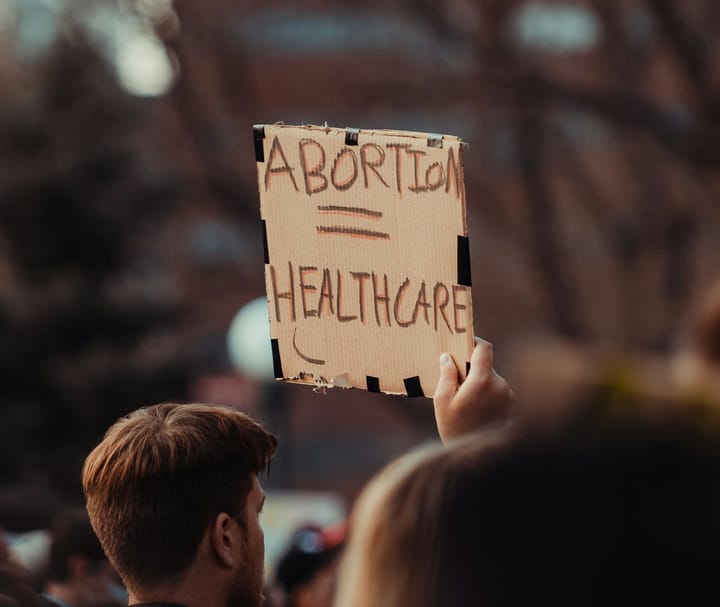Threats To IVF In Texas

Ever since a surprise ruling in Alabama, advocates for IVF have been apprehensive that the procedure could be threatened in states like Texas, which is under essentially a total abortion ban. Though many Republicans lawmakers in Texas are downplaying any threats to IVF in the state, there are warning signs that the procedure could be in danger.
In vitro fertilization (IVF) is a medical procedure that helps a person or couple struggling with infertility to have a child. In 2022, about 2.5 percent of all births in the United States were attributed to IVF.
Earlier this year, several leading fertility clinics and hospitals in Alabama were forced to stop treatment for their IVF patients after a ruling from the state Supreme Court. Three plaintiffs were suing a fertility clinic for wrongful death over destroyed embryos. Their case was tossed by a lower court in the state before ultimately landing with the Alabama Supreme Court. The justices overruled that lower court in an 8-1 decision that said according to the state Constitution embryos were children.
Reaction from around the country was swift as many on the left and right denounced the decision from the Alabama Supreme Court. The Alabama legislature quickly passed legislation to protect IVF providers so treatments could resume. And while the medical procedure has returned to its previous status quo in Alabama, in Texas the future of IVF remains murky (despite certain proclamations from legislators).
Texas has its own version of a case that could impact IVF treatment, through it’s unclear if it will be heard. The Texas Supreme Court is considering whether to hear a legal dispute between a former husband and wife over frozen embryos. The agreement that the couple signed with a Dallas fertility clinic stipulated that in the event of a divorce, the embryos would remain at the disposition of the husband. The plaintiff, the ex-wife, cited the Dobbs decision (which overturned Roe v. Wade) in trying to nullify this agreement. Both a trial court and an appellate court affirmed the previous agreement. The Texas Supreme Court has not determined whether it will take up the case.
The American Society of Reproductive Medicine filed an amicus brief in Antoun v. Antoun, the potential case. Their brief cites what happened in Alabama when embryos were declared children. “If this court holds that a frozen embryo is a legal ‘person,’ Texas fertility clinics will similarly be thrown into legal limbo and may be forced to stop providing IVF services,” they wrote in the brief.
Outside of the North Texas embryo case, the threats to IVF are also emanating from the anti-abortion wing of the Republican Party. A shocking video from earlier this year showed several Republican elected officials from Hood County, including a county GOP chair and a constable, attending a meeting from Abolish Abortion Texas, a radical anti-abortion group whose director said IVF should be considered “murder.” At the same meeting, he also said that emergency contraception is an abortion (it is not).
Last week the Texas GOP narrowly voted down endorsing an amendment at their state convention platform committee which would have called the destruction of embryos “murder.” Before taking a vote, the speaker noted the issue of IVF was “divisive” and that they potentially did not want to go down the road of something unpopular.
Many Republican elected officials in Texas have proclaimed their support for IVF while simultaneously endorsing legislation like the Life Begins At Conception Act, which would make the procedure untenable and illegal. Last year, eighteen Republicans member of Congress were cosponsors of the House bill.
In the Senate, Ted Cruz cosponsored a bill he claimed would protect IVF by banning states from receiving Medicaid funding if they outlaw the procedure. However, many leading medical organizations have noted the proposed legislation is only a fraction of what could be done with broader language. Cruz has voted twice against the Access to Family Building Act in the Senate, a more comprehensive IVF protection bill.



Comments ()